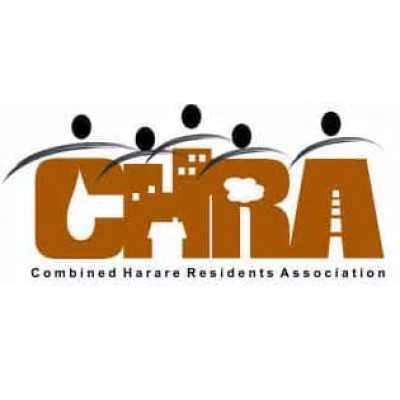
As the world commemorates the International Day for the Elimination of Sexual Violence in Conflict, the Combined Harare Residents Association (CHRA) has sounded an urgent call to action, spotlighting how the failure of local service delivery in Harare continues to expose women and girls to sexual abuse. While Zimbabwe is not currently experiencing armed conflict, CHRA emphasized that the lived experiences of many residents, especially women, mirror conflict-like vulnerabilities due to chronic neglect of essential services.
In a statement issued on 19 June 2025, CHRA expressed deep concern over the increasing dangers faced by women and girls who are forced to travel long distances or wait in unsafe environments to access basic services such as clean drinking water and functioning toilets. In several high-density suburbs, persistent sewer bursts, erratic refuse collection, and the absence of secure sanitation facilities have created hotspots of vulnerability. Women and girls seeking water often congregate at isolated boreholes or broken public taps, spaces that have become targets for harassment and assault. Toilets in some areas are either unusable or nonexistent, forcing people to seek alternative, often unsafe, places.
CHRA argued that such conditions are not only a failure of service provision but also a violation of constitutional rights. Section 52 of the Constitution of Zimbabwe guarantees the right to personal security and protection from violence, while the Criminal Law (Codification and Reform) Act [Chapter 9:23], particularly Section 65, criminalizes rape and other forms of sexual violence. Yet, these protections mean little when the environmental conditions within which citizens live perpetuate risk, trauma, and impunity.
The association also highlighted that while laws and policies are in place, implementation remains weak and fragmented. Survivors of sexual violence often face barriers when seeking justice or access to critical support services such as medical care, counselling, or legal assistance. In communities where stigma, silence, and lack of trust in authorities prevail, many cases go unreported and unaddressed.
CHRA called for urgent investment in public infrastructure that ensures safe and reliable access to clean water, sanitation, and refuse management. The group stressed that when communities have proper access to these services, the conditions that facilitate sexual violence are drastically reduced. The residents’ body further called for awareness campaigns to shift social attitudes and promote respect for women’s rights, as well as stronger enforcement of existing legal protections.
Above all, CHRA reaffirmed its solidarity with survivors of sexual violence and underscored the need for community-centered, gender-sensitive governance. Addressing these challenges, the association noted, is not just a matter of fixing pipes or clearing garbage, it is about restoring dignity, safety, and justice for every resident.




